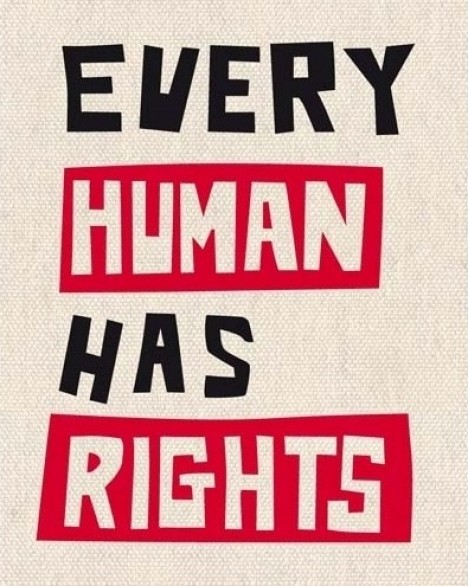
It is common for people to judge without knowing the particlular facts of a matter. If a public officer were to be accused of fraud and financial misappropriation or a thief accused of stealing in the market, tongues would wag non stop condemning and calling the accused persons all sorts of names and basically crucifying them. Even though that person may just have been innocent. I am glad our legal system does not operate that way.
When a person is arrested and accused of a crime, he must be promptly charged and brought before a court. The constitution guarantees an accused person a free and fair trial as provided for in Section 36 of the 1999 Constitution.
Fairness of a trial is fund fundamental to the administration of justice, it does not only give integrity to the legal system but it also ensures the confidence of the society in the justice system.
The constitutional safeguards for fair trial include;
· Every person is guaranteed fair hearing. The concept of fair hearing is at the foundation of the legal system, two major principles of fair hearing are “Audi Alteram Partem” meaning “hear the other party” and “Nemo Judex In Causa Sua” meaning “no one should be a judge in his own case”.
·All trials must be held in public. The court must be accesible to members of the public except in situations where the court believes that it may be against public interest. l Every one is presumed innocent untill proven guilty. l It is very important that every acccused person be informed of his offence at the point of arrest.
· Any one charged with a criminal offence is entitled to adequate time and facilities to prepare for his defence. l Any one charged with a criminal offence is entitled to defend himself in person or by legal practitioner of his own choice.
· Every accused person has a right to call witnesses in his defence and also to cross examine the witnesses of the prosecution. l If the accused person cannot understand the language used for trial, he has a constitutional right to an interpreter.
·The constitution guarantees that an accused person shall not be convicted of any crime for acts that did not constitute a crime at the time the person committed it. The law does not work retroactively. l Any person who has been pardoned for an offence can never be tried for that offence again.
· An accused person may chose to personally stay mute and not say anything in his defence.
·Any person accused of a crime must be charged of an offence known to law.
Every Nigerian is guaranteed his fundamental human rights and no law can strip it off him.
Adedunmade Onibokun Esq.
@Adedunmade
dunmadeo@yahoo.com
